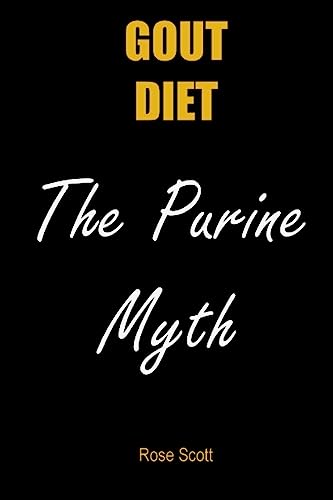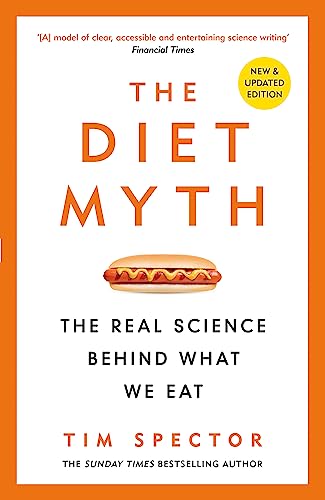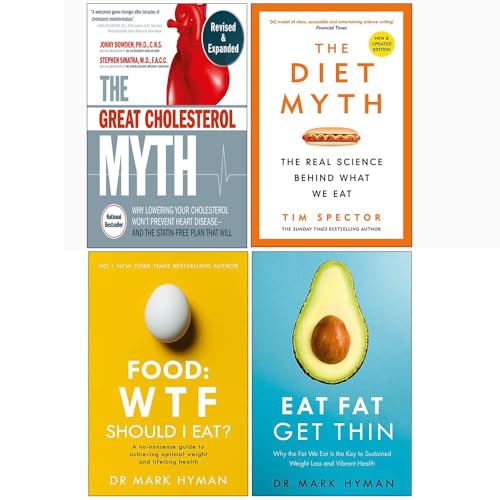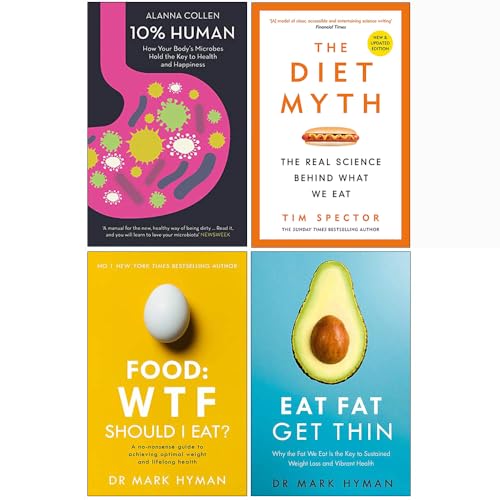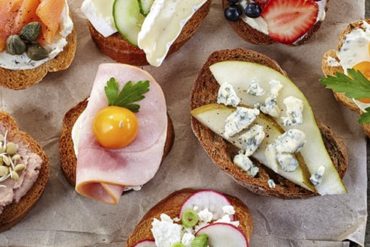There are hundreds of food myths and assumptions that are banded about by ‘experts’, dietitians, websites, magazines, etc. They can range from the more popular myths such as, “is skipping breakfast ok?” to “healthier foods are too expensive”.
The following are the most common and popular beliefs many people hold:
”Diet experts keep changing what is healthy eating and what is not”
False – The majority of people think that nutrition experts regularly change their minds regarding diets and often disagree with one another. However, the main messages about healthy eating have remained the same for some time.
An example of this is the common message to ‘reduce the amount of fat we eat’. This advice has been around for a long time, although as new research is carried out it is challenged much more, with support for a low-carb, high-fat diet growing. The importance of fruit and veg has been around since the Second World War.
When contradictory messages about healthy eating tend to appear, it is often due to new scientific findings that tend to be reported in the media before being fully researched, and without the findings being put into context.
”Low/Reduced-fat labels mean a healthy choice”
False – Any food product that claims to be ‘reduced-fat’ must have at least 25% less fat than the standard product. Unfortunately, these types of foods tend to be high in fat and energy to start with, so the ‘reduced fat’ version can still have quite high amounts of both.
Foods that are labelled as ‘low-fat’ or ‘reduced-fat’ aren’t necessarily healthy. The lost fat is replaced by other ingredients, so the product can end up containing the same or even higher energy (calorie) content, or more sugar, to keep the product tasting good.
”Margarine is less fattening than butter”
False – Butter and margarine contain different types of fat, but both contain a similar amount of fat, therefore it doesn’t necessarily matter which one you choose as long as you remember to use as little as possible for each.
”Healthier foods cost more”
False – Even though some healthier ingredients can be more expensive to purchase, you will often find that they are needed in very small amounts.
There are some situations where choosing the healthier alternative can actually save money. For example, meat can be cooked in casseroles or stir-fries using cheaper ingredients such as beans, pulses or seasonal veg.
A part of being healthier is basing your meals around starchy foods such as rice, pasta or bread. This not only provides a healthy balanced diet, but also means savings can be made as these foods are generally good value.
Another good way of saving some cash is to cook your dishes in batches such as chilli or curry and then store them away in the freezer. When cooking in batches or saving leftovers, make sure you cool the food quickly (no longer than two hours), then freeze it in sealed containers. Remember to always reheat food until it’s piping hot all the way through.
”Healthy food is limiting and boring”
False – Many people admit to eating too much of certain foods, or eating them too often, but there are lots of interesting foods we should be putting on our shopping lists and consuming more of, such as fruit and veg and varieties of fish.
Eating healthily doesn’t always mean becoming more boring with your food choices, it’s all about getting the right balance for your body. By adding a bit of variety to your food shopping and changing from your usual foods, you’ll find that healthy eating can be very tasty and exciting.
”Choose fish as a healthier option”
False – Vegetarian meals are not necessarily a healthy option, as some contain a lot of fat, especially if they’re made using large amounts of cheese, oil, pastry or creamy sauces, or if they’ve been fried.
Although fish is generally low in fat, it shouldn’t be thought of as the only option available. Red meat can be low in fat if it’s lean and all the visible fat has been taken off, and chicken without the skin can also be a great low-fat option as long as it has been cooked without too much fat.
Whatever meal you decide to have it is very important to add some vegetables because we should be eating at least five portions of fruit and veg each day, as part of maintaining a healthy diet.
”Having a traditional cooked breakfast in the morning can be a healthy choice”
True – A traditional breakfast can be made into a healthy option by keeping the ingredients the same but changing the methods of cooking.
If you grill lean bacon, poach the eggs and include baked beans, thick crusty bread, grilled tomatoes and mushrooms cooked without fat, you’ll have a delicious cooked breakfast that is also rather balanced and healthy.


